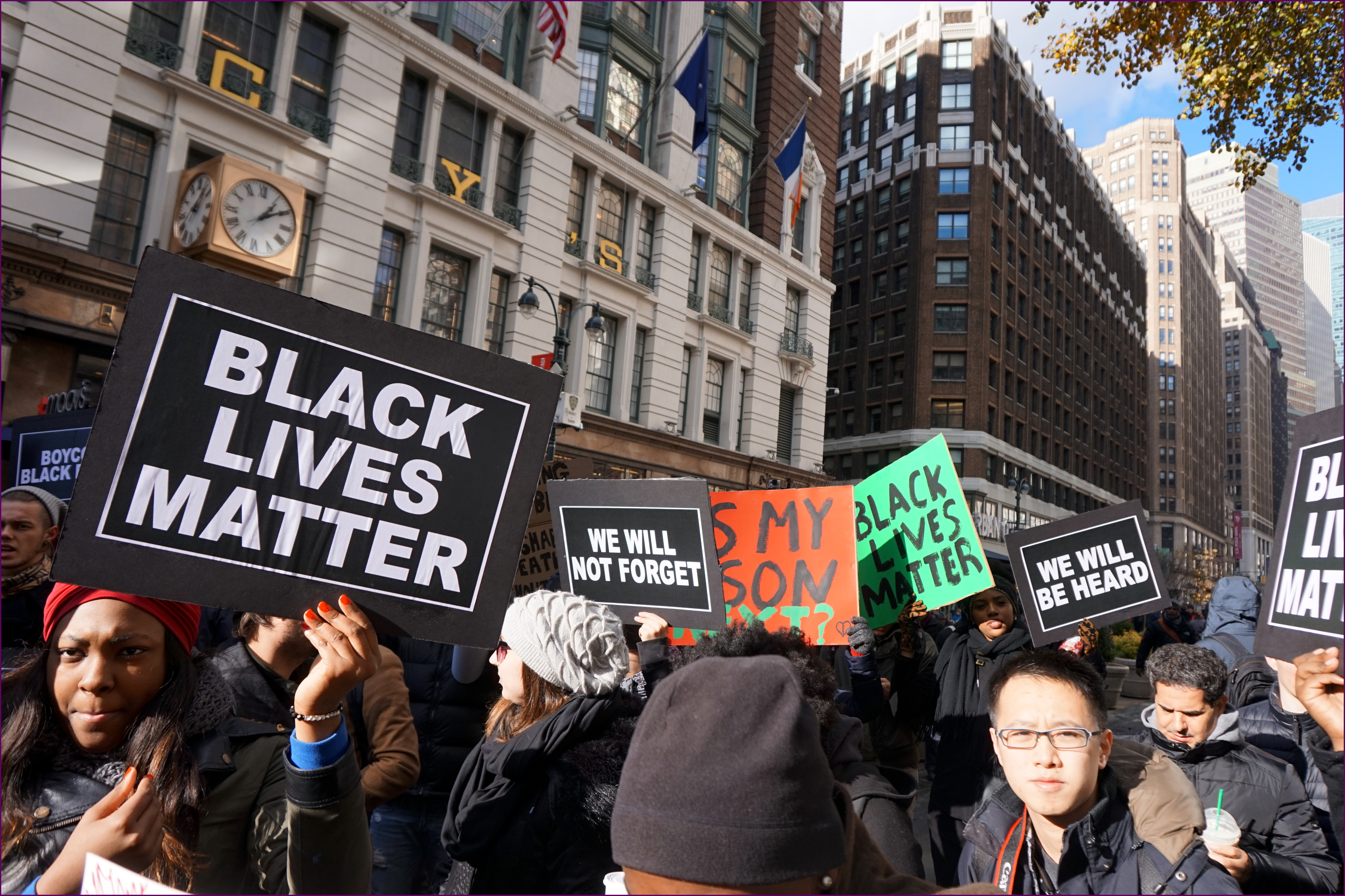Coinciding with Juneteenth, a day honoring the emancipation of enslaved peoples, Congress held the first hearing on reparations for Black Americans impacted by the ongoing legacy of slavery. Under consideration is House Resolution 40 that, if passed, would establish a commission tasked with studying a proposal for “reparations for the institution of slavery, its subsequent de jure and de facto racial and economic discrimination against African-Americans, and the impact of these forces on living African-Americans.”
Reparations is a response to an American “kleptocratic” system—stretching from periods of chattel slavery to share-cropping and convict leasing, Jim Crow, and the New Jim Crow—that relies on the theft of Black bodies, labor and wealth to construct a society to the benefit of white people, as acclaimed writer Ta-Nehisi Coates explained in his witness testimony.
House Judiciary Committee Chairman Jerrold Nadler recognized that HR 40 makes “no conclusion about how to properly atone for, and make recompense for, the legacy of slavery and its lingering consequences,” though he noted that “most serious reparations models that have been proposed to date, in fact, have focused on restorative community-based programs of employment, health care, housing and educational initiatives—righting wrongs that cannot be fixed with checks alone.”
Skeptics like Coleman Hughes, a writer for the conservative-leaning publication Quillette, urged that Congress take action on present issues, like creating a “less punitive criminal justice system,” rather than returning to issues of the past, like apologizing for slavery. He added that reparations will be “putting a price on the suffering of their ancestors” and be transforming white and Black relationships “into a transaction—from a union between citizens into a lawsuit between plaintiffs and defendants.”
He failed to note is that, in the age of the prison-industrial complex and mass incarceration, the racial structure of America has already been shaped as one of prosecutor and criminal defendant. And this relationship itself has taken on an extractive function: Law enforcement is financially motivated to expropriate Black wealth for its own benefit through drug-war programs like civil asset forfeiture.
The “federal asset-forfeiture regime” that we know today, as described by an amicus brief filed in a February 2019 landmark Supreme Court case, was developed with the Comprehensive Drug Abuse Prevention and Control Act of 1970, aiming to “cripple drug trafficking organizations and their kingpins.” But of course, people imagined to be and targeted for selling drugs—namely, Black Americans—are not be the majority of people selling them. Over three quarters of federal prisoners convicted under trafficking laws are Black or Latinx, yet white people are more likely to report having sold controlled substances.
The anti-Black racism embedded in drug policing carries over into how assets are seized by law enforcement. The majority of cash seized by South Carolina police, for example, comes from Black men. And African Americans comprise 71 percent of Philadelphians whose cash is taken by the city law enforcement even without conviction for a crime.
Fixing the notoriously racist asset forfeiture regime could be a place to start when it comes to repairing the harms of the drug war—itself a legacy of slavery, as detailed by legal scholar Michelle Alexander in her seminal book, The New Jim Crow.
As Congress considers studying options for reparations, a recent court win shows how returning seized property and cash may be one way to begin repairing the damage. If a settlement between the Philadelphia District Attorney’s office and victims of the city’s civil asset forfeiture practices is finalized in November 2019, a $3 million fund to compensate people victimized by asset forfeiture will be established. At minimum, people who submit a qualifying claim will receive at least $90 for having their rights violated. For those whose case never resulted in a conviction, all cash and property will be returned. But people convicted of a low-level offense or who were first-time offenders will still be eligible to receive back 75 percent of their property and cash.
“Philadelphians are one step closer to getting justice after years of being treated like ATMs by police and prosecutors,” said Darpana Sheth, lead counsel for plaintiffs and director of the Institute for Justice’s National Initiative to End Forfeiture Abuse. “Innocent victims caught up in Philadelphia’s forfeiture machine will be able to get back every penny taken from them.”
But the spirit of reparations cannot merely mean returning what should never have been stolen in the first place. It also must be about “restoring a balance from within our communities and carrying our autonomous healing and reparatory work through the arts, culture, language, and emotional and mental health services,” as Black Lives Matter co-founder Patrice Cullors wrote in the Harvard Law Review. In moving towards her abolitionist vision of “destabiliz[ing], deconstruct[ing], and demolish[ing] oppressive systems, institutions, and practices,” Cullors makes clear that “histories of harm across the board” must be repaired. And that must mean transforming the devastation wrought by the War on Drugs.
Photograph of NYC action in solidarity with Ferguson. Mo, encouraging a boycott of Black Friday Consumerism, by The All-Nite Images, via Wikimedia Commons





Show Comments